Traceability of waste, new regulations, management of material flows… Discover our latest news !
Enjoy your reading !
Carbon footprint extended to scope 3 : further progress for the ecological transition
The aim of a GHG assessment is to measure the quantity of greenhouse gases emitted by human activities, and in particular by companies, over a year. Its approach is in line with the principles of the energy transition.
This article reviews the legal evolution of the BEGES and in particular the implications of the latest measures in force for the beginning of 2023.
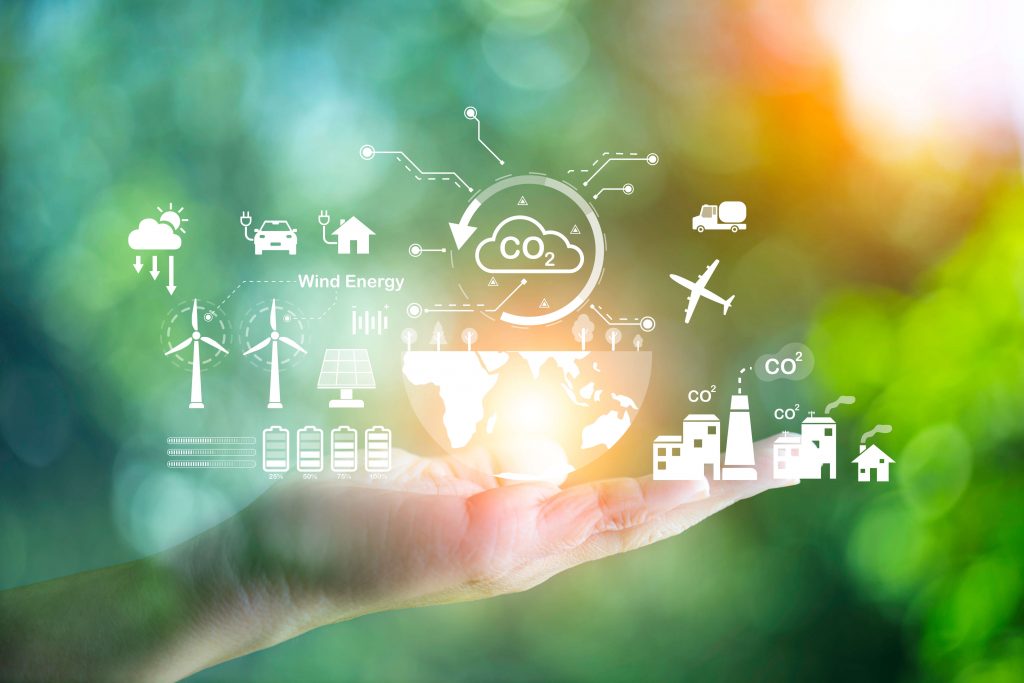

Launch of the EPR system for the construction industry on 1 January 2023 : what you need to know!
With 42 million tonnes of waste generated each year in France and a current management cost of 3 billion euros, the challenges facing the construction sector are colossal. Even if the recovery rate of construction waste is estimated at nearly 70%, there is still a lot of room for improvement: generating more virtuous practices in terms of eco-design of products, but also in terms of collection, sorting and recovery of waste is the ultimate objective for the next ten years.
Construction companies : Successful extra-financial reporting
Within the framework of CSR, Corporate Social Responsibility, defined by the European Commission, all companies are involved in sustainable development issues and therefore have a responsibility to integrate social, environmental and economic concerns into their business activities and their relations with stakeholders.


What are the benefits of automating construction waste management ?
Waste management in the building and public works sector is still often carried out manually by the client and the construction company responsible for it. This approach is mandatory, as specified in the decree of 25 March 2021 of the AGEC law, and is a definite challenge in the sector, since building waste raises important ecological, economic and energy issues that need to be addressed.
How does the EU want to achieve a circular economy by 2050 ?
In recent years, Europe, but also the whole world, is facing unprecedented overconsumption and overexploitation. Indeed, the amount of renewable and non-renewable natural resources extracted each year in the world is constantly increasing. It now stands at 93 billion per year, which means that it has more than tripled in fifty years. Soil, forests, oceans with fishing, fossil fuels and even drinking water are affected by this overexploitation.
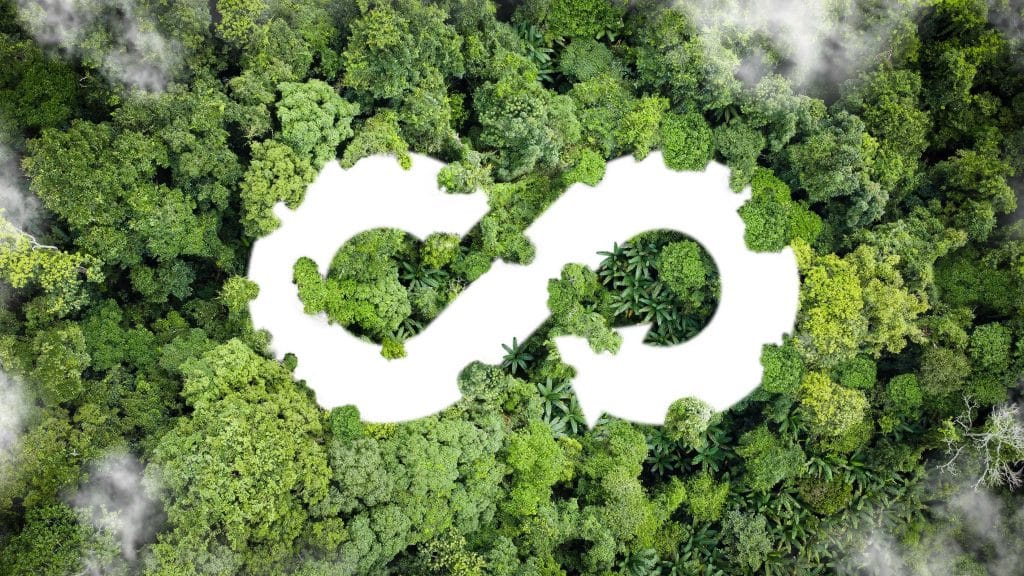
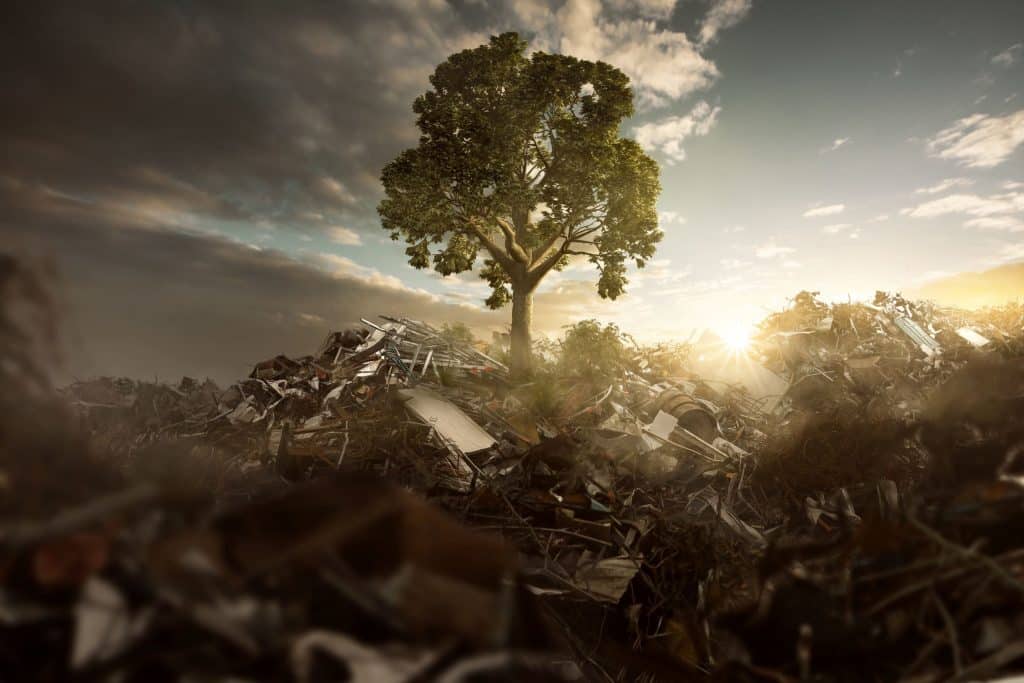
Littering in France: a real danger for the environment
It is estimated that every year in France, 20 kg of litter is dumped per person. This figure is even more exorbitant when you consider that littering has very harmful effects on the environment. Indeed, it can be a source of soil, surface and groundwater pollution, but also of air pollution by releasing toxic substances.
5 waste traceability solutions that simplify your daily life on site !
Every year in France, nearly 350 million tonnes of waste are generated. Of this, 42 million tonnes come from the building and public works sector; 75% is inert waste, 23% is non-hazardous waste and 2% is hazardous waste. In addition, the construction sector consumes large quantities of resources each year for new construction and renovation.
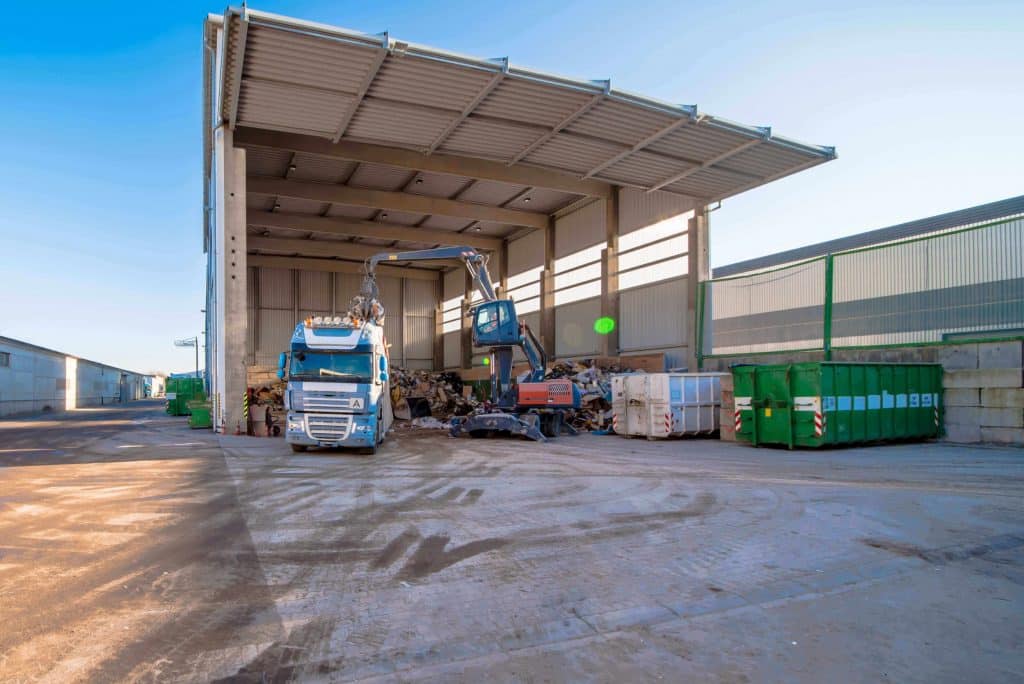
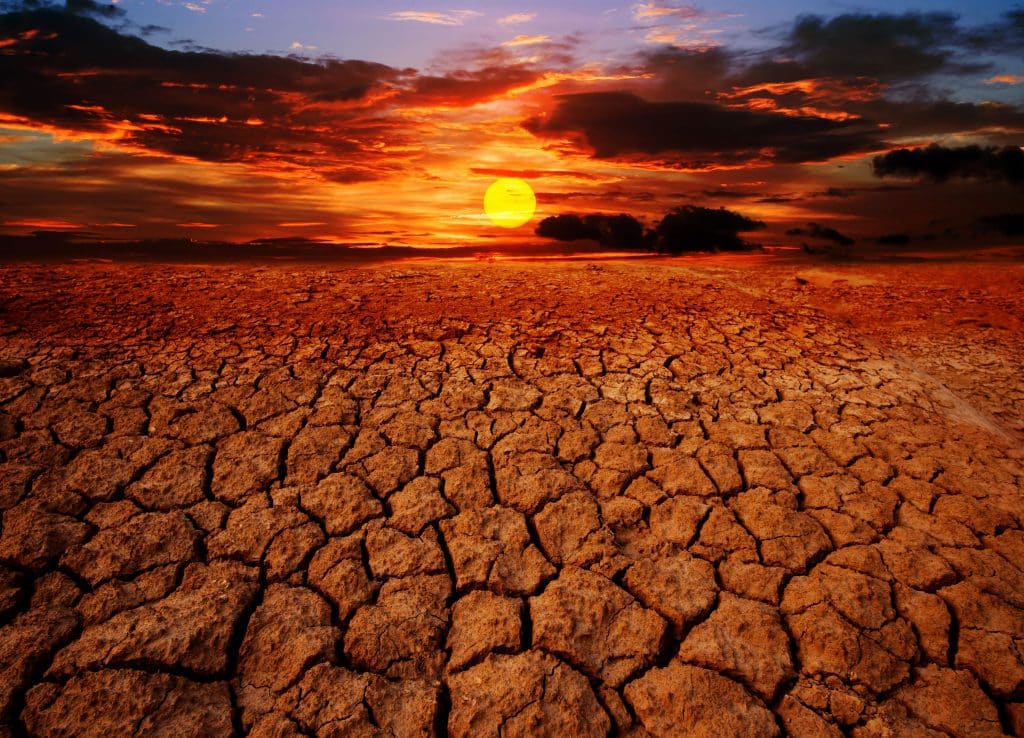
The colossal costs of global warming in France and elsewhere
In 2022, according to the French Federation of Insurers, the cost of weather-related claims in France was colossal and unprecedented over the last twenty years.
The bad weather that France experienced this year was the cause of nearly one million claims, the cost of which is close to 3.9 billion euros. Damage to homes is expected to cost €1.07 billion, motor vehicles €1.08 billion, business property €190 million and agricultural property €80 million.
Smart Buildings: The intelligent buildings of tomorrow !
Intelligent buildings are changing the construction industry. Thanks to various digital technologies, in particular the Internet of Things, buildings are now becoming true service platforms, for the benefit of users and operators. Beyond the technological aspect, certain uses can be significant in reducing our energy consumption.

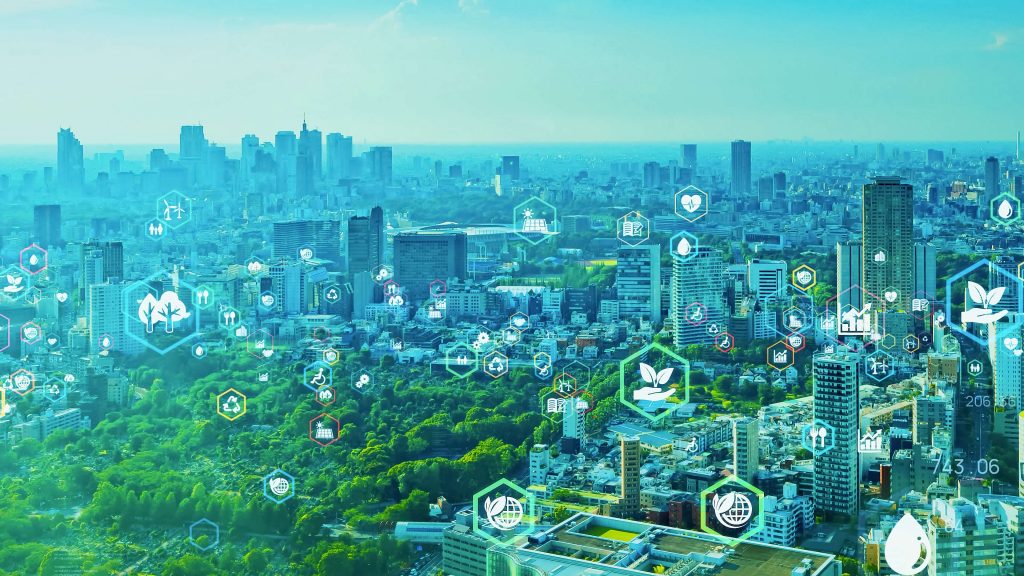
The impacts and challenges of the construction sector in preserving biodiversity
As its name indicates, biodiversity corresponds to life on Earth in all its diversity. It corresponds to all the living beings on our planet – fauna, flora, bacteria, fungi, micro-organisms – and the way they interact with each other in their natural environments (forests, meadows, rivers, oceans, etc.).
Trackdechets and RNDTS: the information you need to be in order
2 decrees, 4 orders: the government is committed to preventing environmental damage and protecting public health through appropriate waste management. This national approach advocates the prevention and recovery of waste rather than other, sometimes even illegal, means of disposal.
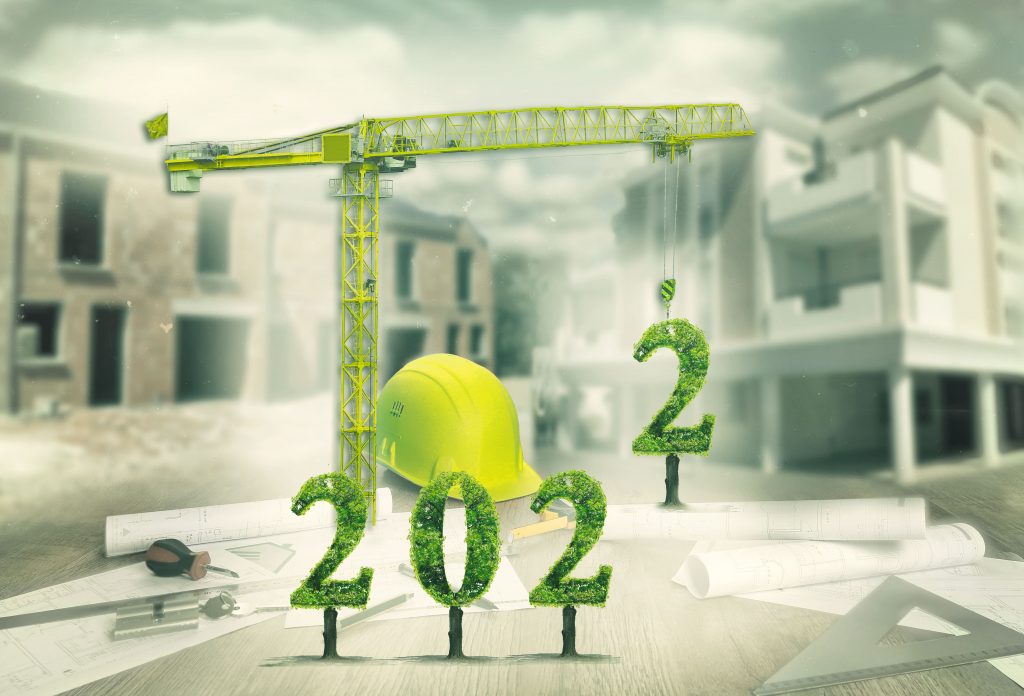
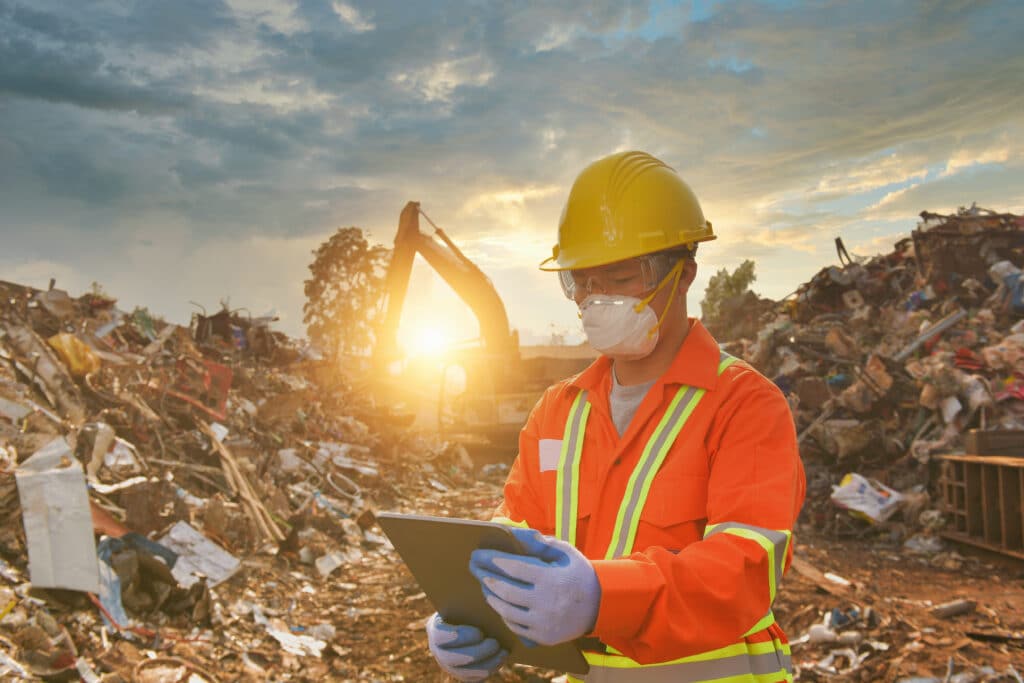
Regulations on the traceability of construction waste: what you need to know!
The construction sector generates no less than 46 million tonnes of construction waste each year, according to the French Building Federation (FFB), which represents 12% of the total waste in France. The FFB underlines that this figure does not take into account waste from the public works sector which represents 85 million tons.
Blockchain for the construction sector
With the increasing digital transition of the construction sector over the past decade, development specialists from within and outside the sector are more interested than ever in the adoption of technology and digital to meet the needs of construction stakeholders.


The ecological transition and the circular economy in the construction sector
In view of the environmental challenges, the circular economy represents a solution to many issues. With the scarcity of natural resources, energy instability, ecosystem degradation… It is increasingly urgent to turn to an economic model based on low-carbon solutions, optimisation of resource use and reuse and management of material flows.
Computer vision and AI in construction – the latest developments
With the democratisation of mobile digital camera solutions and artificial intelligence (AI), the field of computer vision, formerly limited to certain applications, could well revolutionise any industrial process.
In France and in Europe, the digitalisation of the construction sector is a strategic priority. And in this context, computer vision is already playing a major role. Let’s explore the use cases of this not so new technology on the construction site.

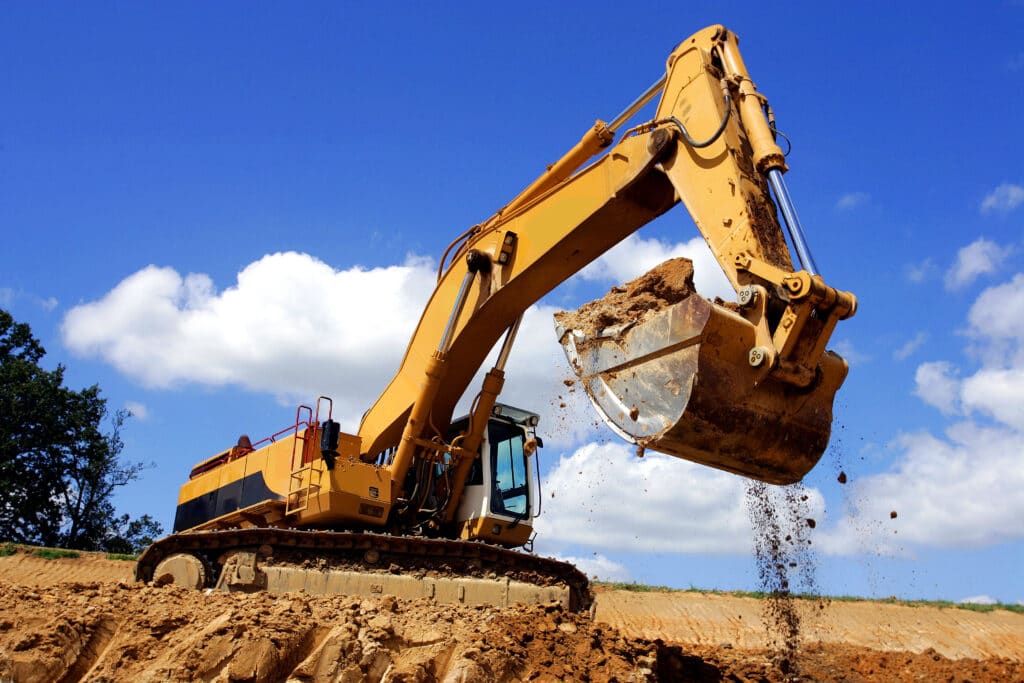
Construction waste management: What are the regulations in France and in Europe ?
The traceability of waste concerns all companies that produce waste in the course of their activity. In France, since January 2022, the regulation imposes this traceability by decree. The main objective is to prevent waste in order to promote the circular economy and prevent environmental damage. Companies are required to improve the conditions under which their waste is collected, transported and treated.
Digitalisation in the construction industry, what does the future hold ?
The adoption of a data strategy that aims to dematerialise construction processes is a significant competitive advantage for companies. To ensure that the necessary changes in terms of collaboration and the information ecosystem are carried out, only a successful digitisation, via the introduction of digital tools in the processes, will give companies a competitive advantage in the market.




